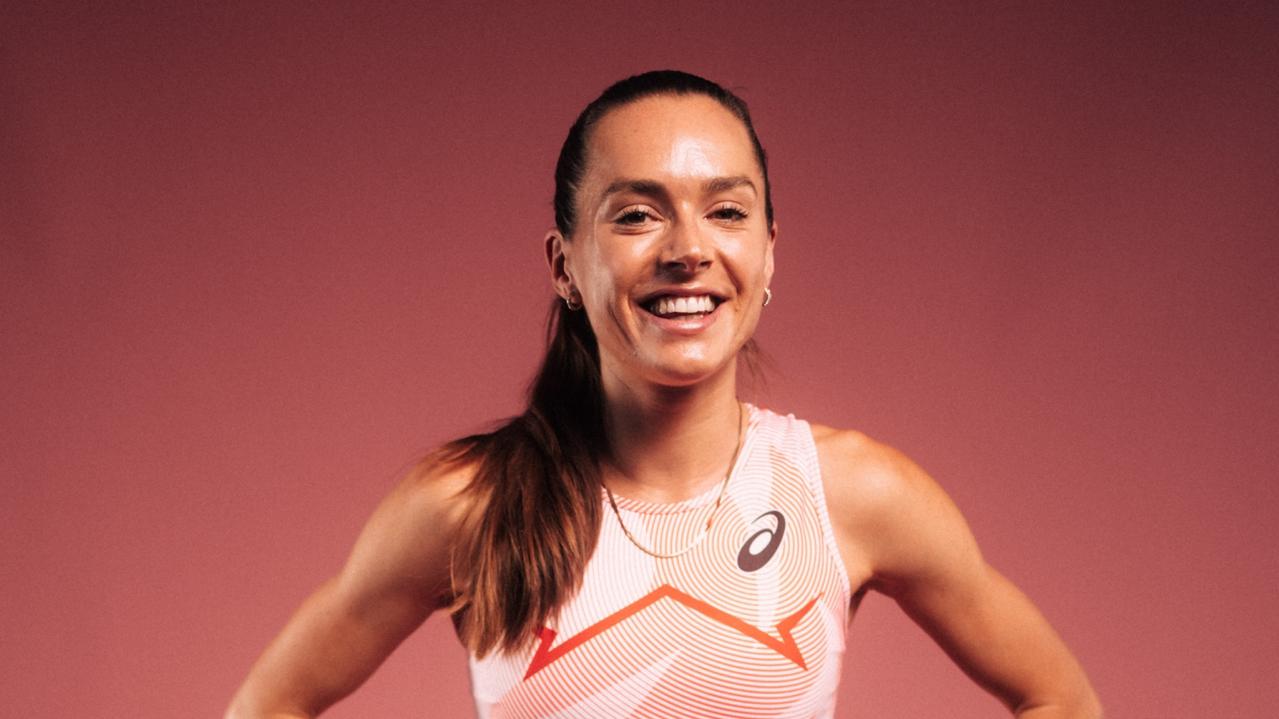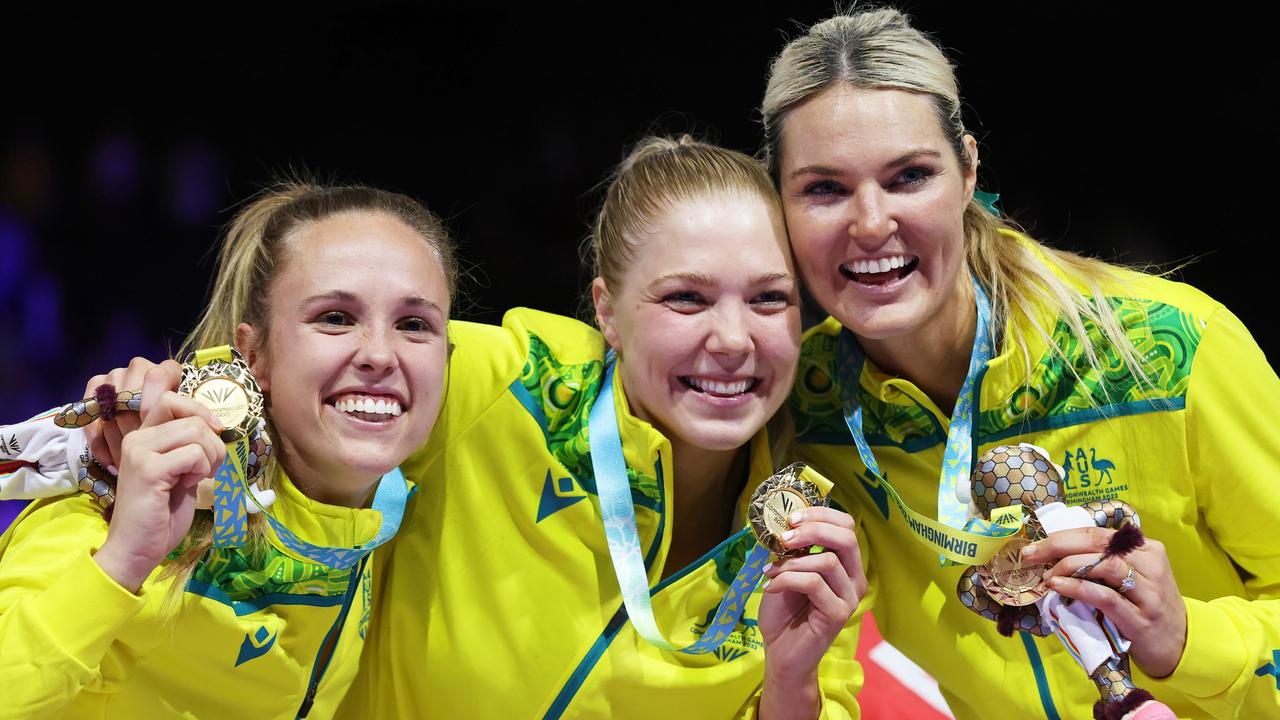Australian sports demand changes to information sharing in sexual misconduct cases after US case
Australian sporting bodies have joined a call for foreign countries to openly share information they have obtained from any investigations into Aussie athletes accused of sexual misconduct.
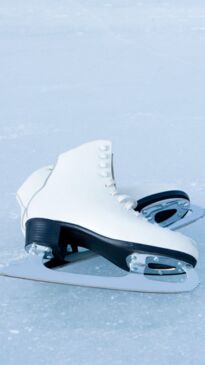
Australian sporting bodies have joined a call for foreign countries to openly share information they have obtained from any investigations into Aussie athletes accused of sexual misconduct.
The move comes after Australian officials were left blindsided by the shocking news that Olympic figure skater Brendan Kerry has been banned for life in the US over an alleged misconduct that he strongly refutes.
A three-time Olympian, Kerry carried Australia’s flag at the Opening Ceremony for the 2022 Beijing Winter Olympics and has been fighting to clear his name after being told he was banned from any involvement in any skating activities in the US.
Australia’s most powerful and important sporting bodies, including the Australian Olympic Committee (AOC), the Australian Sports Commission (ASC) and Sports Integrity Australia (SIA), were never notified that a case against Kerry was taking place and only found out that he recently lost an appeal to have his ban overturned when contacted by this masthead.
Given the serious nature of the accusations, Australian authorities have reached out to the US Centre for Safesport - which imposed the life ban on Kerry - for information on the case only to be told they can’t be shown the files because none of the charges against him were of a criminal nature.
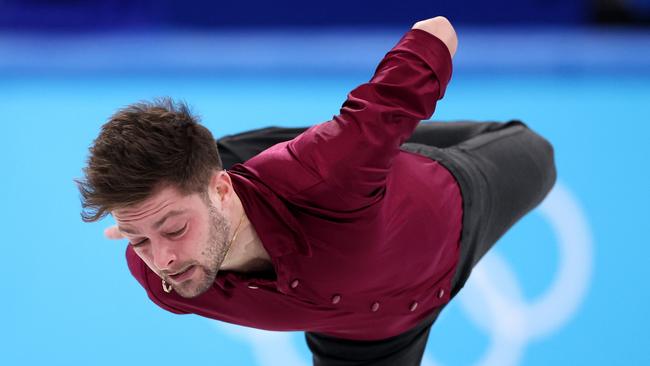
Kerry’s supporters have questioned the apparent lack of transparency in the case, but Safesport CEO Ju’Riese Colon told this masthead everything was done by the book and she stood by the decision.
“It takes courage for survivors to come forward, and we are always grateful for their participation in our process,” she said.
“The Center conducts fair and thorough investigations and stands by our sanctions. Culture change takes time, and outcomes like this one move the needle.”
However, Colon also said she wanted American laws changed so that other countries like Australia could access files relating to their own athletes.
“The international nature of this case highlights the need for increased co-operation with relevant investigative bodies globally. Unfortunately, current law only allows the U.S. Center for SafeSport to assist law enforcement in criminal investigations,” she said.
“We reiterate our request to the United States Congress to take legislative action to allow the Center discretion to share information with similar investigative bodies domestically and internationally to protect athlete safety at home and abroad.”
SIA, the Australian federal government’s sporting watchdog, said it agreed that the existing system should be reviewed.
“We are aware of the limitations around the sharing of information between jurisdictions internationally and it is something we would like to see addressed, albeit within the context of domestic and international legal constraints,” SIA said.
Established by Congress in 2017, SafeSport does not have the authority to impose sanctions outside US borders, but its rulings can have deadly consequences.
In 2018, SafeSport suspended American figure skater John Coughlin over an unspecified sexual assault claim that he denied. A day later, Coughlin hung himself.
In 2019, US equestrian coach Robert Gage also took his own life after he was suspended for life purportedly for sexual misconduct involving a minor. Kerry was accused of the same conduct, an allegation he denies.
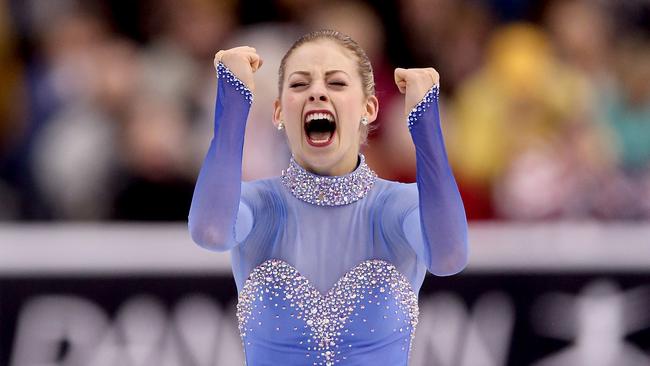
American skater Gracie Gold, who is on record saying she was one of the complainants against Kerry, has also criticised Safesport for how long they took to complete their case, which was first investigated seven years ago.
SafeSport’s orders not to share details about the case have left Australian officials in a bind about what to do with Kerry, who denies any wrongdoing, but agreed to stand down from his job coaching kids in Sydney while the appeal was being finalised.
His mother, Monica MacDonald, also gave up her role as president of the Australian Professional Skaters Association, not because of any perceived conflicts of interests, but because her priority was to her son.
Ice Skating Australia (ISA) did not provide any immediate comment on the appeal outcome when contacted by this masthead, which was not a complete surprise given the enormity of problems the embattled organisation is already dealing with.
This masthead heard from more than a dozen verified participants alleging that sexual misconduct, death threats, bullying and intimidation have been taking place in Australian ice skating for years, without anyone being held accountable.
Separate to these incidents, just last week Harley Windsor, Australia’s first Indigenous winter Olympian, was issued with a two year apprehended violence order (AVO) following a complaint from his former Russian-born skating partner Maria Chernyshova.
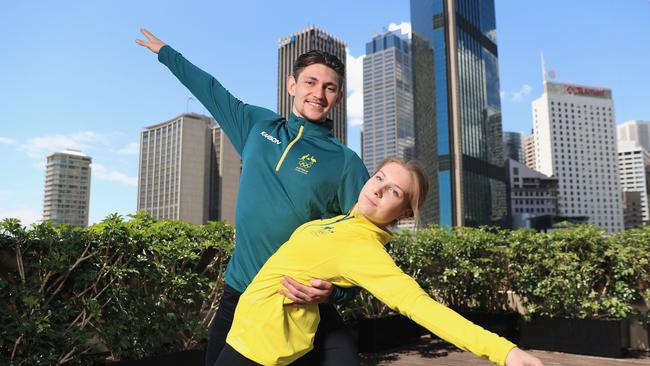
Under the terms of the order, Windsor cannot approach or contact Chernyshova for the next two years. He consented to the order, which was made without admissions.
In co-operation with the ASC, Sport Integrity Australia has already deployed one of its top managers to help deal with complaints and reform the troubled skating body.
While SIA can’t comment on any complaints it receives, a spokesperson for the ASC said the intervention with Ice Skating Australia was progressing well.
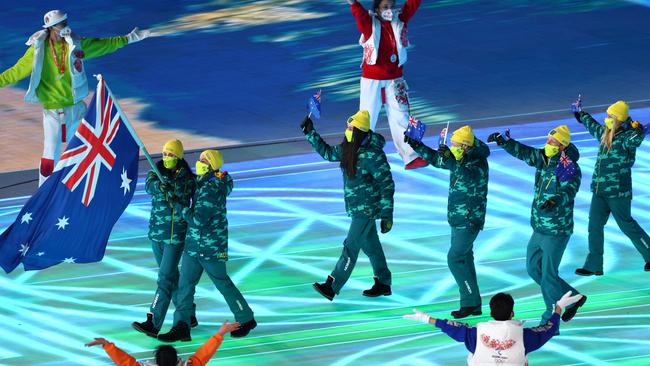
“The Australian Sports Commission (ASC) continues to work with Ice Skating Australia (ISA) on a range of matters to ensure their governance is at the standard expected of sporting organisations in Australia,” the spokesperson said.
“Positive steps have been taken by ISA with the goal of regaining recognition status in the coming months. “
With the next Winter Olympics due to start in Italy in less than 16 months, the AOC has reminded athletes they need to reveal whether they have been involved in any integrity related issues before their place on the team is confirmed.
“The AOC believes that all athletes should be able to participate in their chosen sport in a safe and supportive environment,” the AOC said.
“All members of Australian Olympic Teams are required to sign a Team Membership Agreement which lays out the standards expected of all Team members, including safeguarding and integrity provisions.”




